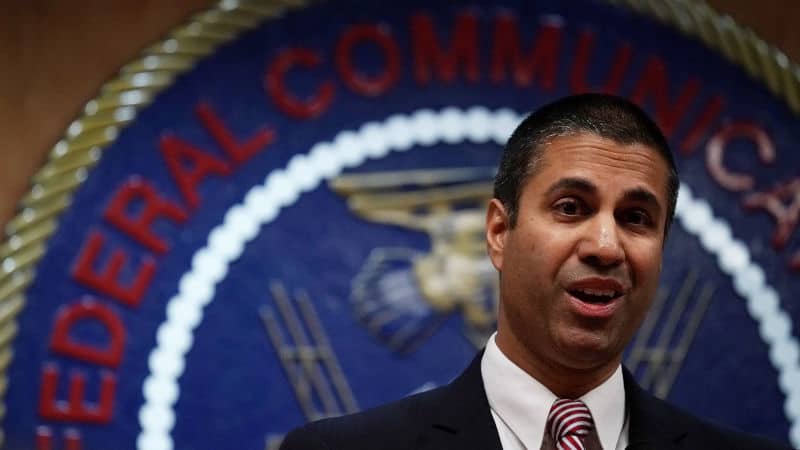
Late last year, the Federal Communications Commission under Ajit Pai voted to make it harder for American Indians to receive subsidies for broadband internet service. Despite legal challenges, the commission decided this week not to reverse its position, opting instead to continue to deny expanded assistance for phone and internet access.
The original 3-2 vote back in November 2017 was part of the FCC’s attempt to scale back its Lifeline program, which provides subsidies to cover the cost of phone and internet. The decision stripped Tribal residents who live in urban areas of a $25 subsidy that was made available to them—a significant bump from the standard $9.25 offered to most other populations.
According to Ars Technica, that decision faced challenges from small wireless carriers—many of whom serve Lifeline recipients—and a number of Tribal organizations including the Crow Creek Sioux Tribe and the Oceti Sakowin Tribal Utility Authority. The groups sued the FCC in the United States Court of Appeals in Washington, D.C., accusing the agency of failing to comply with “Tribal consultation requirements” required by law before implementing the changes. They also petitioned the FCC to hold its decision until the court case is decided.
American Indians benefit greatly from access to the subsidies. According to the Bureau of Labor Statistics, Tribal residents have the lowest rate of employment of any racial or ethnic group in the United States, and Pew Research reported about one-in-four American Indians live in poverty—and the figures get worse for those living on tribal lands.
Despite this, the FCC denied the stay petition on Thursday:
Petitioners have not shown that they are likely to succeed on the merits of their claims. The 2017 Lifeline Order contains a comprehensive explanation of the basis for the Commission’s decision to limit enhanced Tribal support to rural Tribal areas, and to target such support to facilities-based providers.
By rejecting the petition, the FCC will move forward with its plan to eliminate the $25 subsidy for American Indians living in urban areas even while the courts deliberate. Per Ars Technica, the changes could go into effect as early as October 2018, depending on when the US Office of Management and Budget (OMB) approves them.
The FCC under Ajit Pai has taken particular interest in dismantling much of the Lifeline program, which helps to make broadband internet and both landline and mobile phone services available to low-income Americans. Last year, the agency took steps to prevent new providers from joining the program and announced a plan to place a cap on Lifeline funding, which would potentially turn the program into a first-come, first-served system rather than providing to all those who qualify.
Chairman Pai has also made clear his intentions to exclude resellers from the Lifeline program, pushing consumers to plans offered by major telecommunications companies like AT&T and Verizon instead. Resellers are a vital part of the system for many consumers, as they often offer much more affordable plans than the standard fare from the giant telcos.
While the FCC continues to plow forward with its plan to cut as much of the Lifeline program as possible, it still has plenty of hurdles along the way. Pai has received pushback from broadband industry lobbyists and conservative groups for going too far with some of his cutbacks, and legal challenges like the one being brought by American Indians and smaller carriers are still pending.